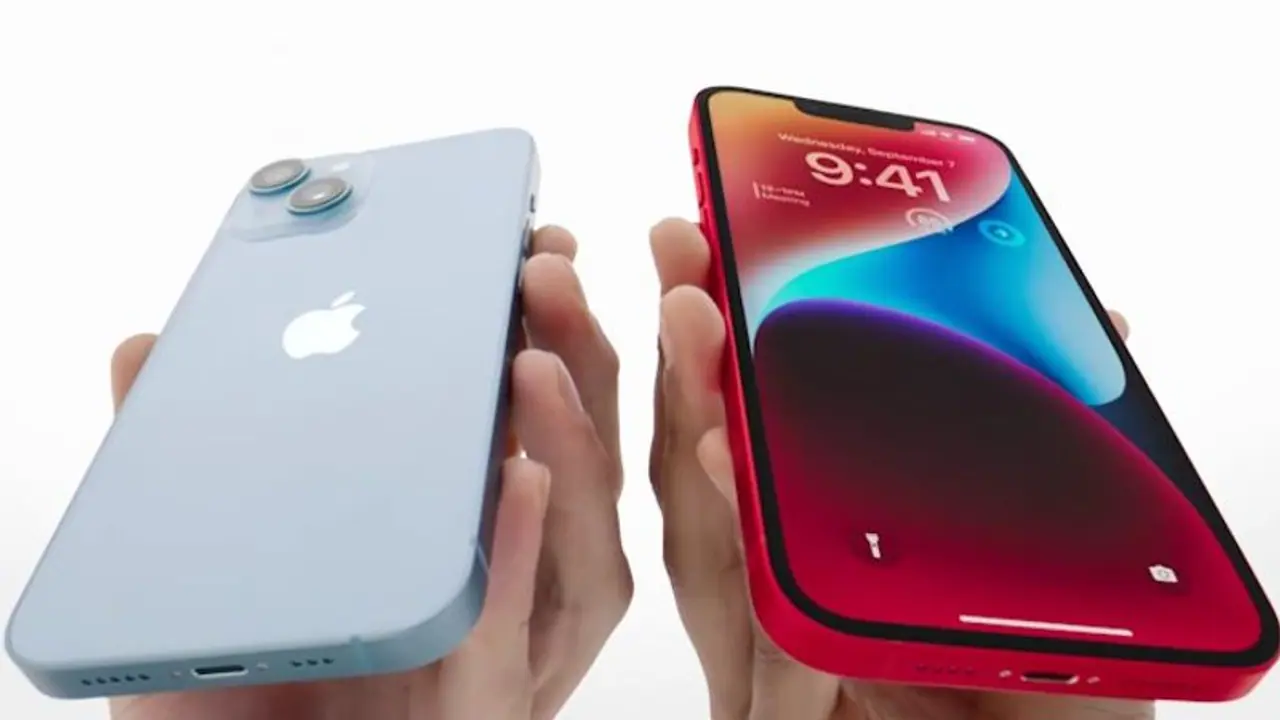The Apple iPhone 14's Crash Detection feature is generating issues for a theme park close to Cincinnati, as repeated false positives from iPhones on rides resulted in numerous calls to emergency services.
Crash Detection, a new feature in Apple's iPhone 14 lineup of phones as well as new Apple Watch devices, is designed to be triggered in a car crash and help the phone's user call emergency services in case they're incapacitated. When Apple first announced the function, it stated that it would only activate if you were driving and had a collision, so just dropping or falling should not trigger it.

The Crash Detection function on the Apple iPhone 14 is causing problems for a theme park in Cincinnati, as repeated false positives from iPhones on rides result in numerous calls to emergency services.
Also Read | Apple Watch Series 8 detected pregnancy before clinical test: Report
According to AppleInsider, the feature determines whether or not it is engaged in an automobile collision using inbuilt sensors and mountains of incident data. Despite the training of the system, it seems that rollercoasters could be its weakness.
Since the iPhone 14 went on sale in September, the Warren County Communications Center has had several calls about iPhone crashes. The report stated that some of them were brought on by riders on rollercoasters at the King Island amusement park outside Cincinnati, according to the centre.
Also Read | Lufthansa bans Apple AirTags from luggage, classifies it as 'dangerous'
Multiple recordings of iPhone-based detection calls were provided to the Wall Street Journal by the center, prompted by the devices misinterpreting ride movements and noise as collisions. Although the iPhone and Apple Watch do provide a ten-second warning before dialling 911, this may not be able to be cancelled in time. If the ride is still moving, the park visitor might not notice, or the iPhone might be hidden for safety and go unheard above shouts.
Crash Detection may not be flawless, but it has already been demonstrated to perform as intended in both testing and real-world applications. An iPhone detected the impact of a tragic automobile collision in a remote spot outside Lincoln, Nebraska, a week ago, and contacted emergency personnel.
Also Read | Signal messaging app to have stories option soon; here's how you can make it
